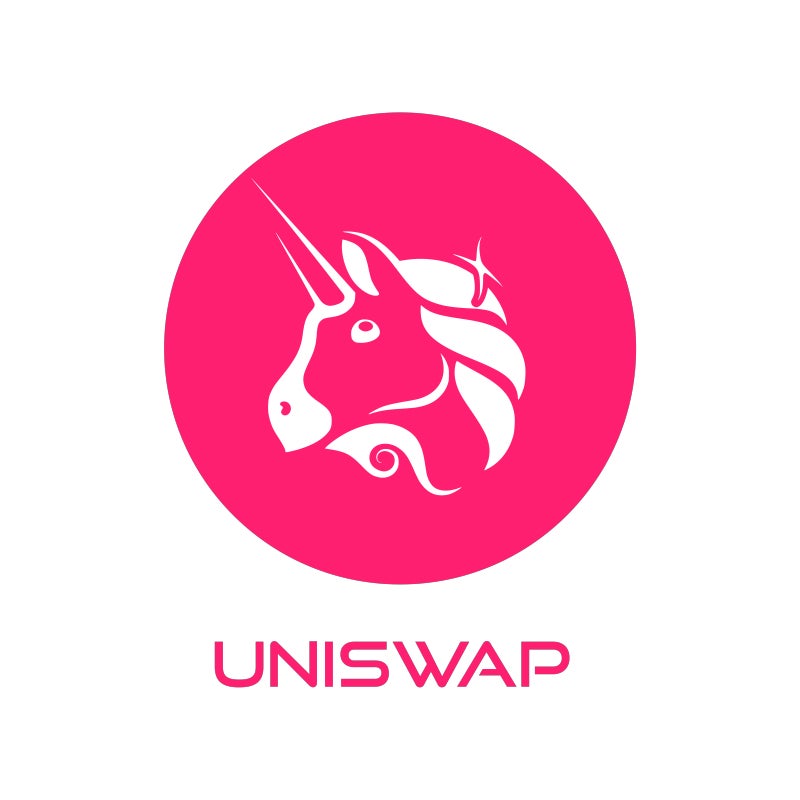The Ethereum blockchain-based decentralized exchange (DEX) protocol known as Uniswap enables permissionless trading of ERC-20 tokens without the requirement for a centralized middleman. Uniswap, which Hayden Adams founded and launched in 2018, has completely changed the landscape of decentralized finance (DeFi) by offering a secure, open, and effective platform for token exchange. In order to give a thorough overview of Uniswap, this study will examine its underlying technology, its cutting-edge market-making strategy, and its place in the larger DeFi ecosystem.
Uniswap Protocol and Automated Market Making (AMM)
The novel Automated Market Making (AMM) system, which takes the place of the conventional order book model employed by centralized exchanges, is the foundation of Uniswap. Instead of matching customers’ buy and sell orders, Uniswap uses liquidity pools to make trades possible. Smart contracts called liquidity pools hold reserves of two coins that users can trade against. In order to properly create a market for the pair, liquidity providers (LPs) fill these pools with tokens in exchange for a cut of the trading fees the pool makes.
The Constant Product Market Maker (CPMM) model, which assumes that the product of the two token reserves (x * y = k) stays constant, serves as the foundation for Uniswap’s AMM. This paradigm allows for a continuous, predictable price curve that automatically changes in response to the supply and demand for token quantities. As a result, Uniswap is a reliable platform for token swaps because slippage and price impact are reduced to a minimum.
Uniswap Governance and UNI Token
The ERC-20 native token for Uniswap, UNI, was launched in September 2020 as a way to decentralize platform governance and encourage liquidity availability. Throughout the Uniswap ecosystem, UNI performs a number of crucial tasks and is crucial in giving token holders the ability to make decisions. Holders have the power to suggest and decide on protocol modifications like changing fees, adding new features, or modernizing the system. The future of Uniswap is guaranteed to stay in the control of its community thanks to this democratic governance system. UNI tokens also serve as rewards for liquidity suppliers that contribute to the platform’s liquidity pools. By staking their assets in certain pools, liquidity providers can earn a share of the protocol’s fees, as well as obtain UNI tokens as rewards. The UNI token’s dual functionality encourages user interaction and active participation, producing a strong and long-lasting decentralized exchange ecosystem.
With the significant confidence and reputation that the Uniswap protocol has amassed over time, the UNI token, an ERC-20 cryptocurrency, merits consideration for inclusion in a variety of digital asset portfolios. The revolutionary automated market-making process and continually evolving features of Uniswap, which recently debuted Uniswap V3, benefit UNI as the native token of one of the top decentralized exchanges in the DeFi field. Moreover, UNI’s involvement in decentralized governance and encouraging liquidity providers highlights its multi-faceted utility, which may further contribute to its long-term value potential. As a result, the UNI token is an appealing choice for investors looking to get exposure to a well-known and reputable initiative within the quickly growing decentralized financial industry.
Uniswap V3
Launched in May 2021, Uniswap V3 made a considerable upgrade to the protocol. In order to maximize capital efficiency, it provided focused liquidity, enabling liquidity providers to deploy their resources to particular price ranges. Trading participants gain from this feature’s decreased slippage and improved execution costs. In order to accommodate to various risk profiles and asset pairs, Uniswap V3 also incorporated a new fee structure with three tiers (0.05%, 0.30%, and 1.00%), further optimizing the profits for liquidity providers.
Uniswap and the DeFi Ecosystem
Being a fundamental building piece for various protocols and applications, Uniswap is essential to the DeFi ecosystem. The functionality of Uniswap can be included by programmers into their creations, allowing for simple token exchanges and communication with other DeFi protocols. Additionally, the flexibility of Uniswap to be combined with other DeFi components enables the development of more sophisticated financial services and products, like yield farming, leveraged trading, and algorithmic techniques. Uniswap has established itself as a leader in the decentralized financial space, offering a variety of benefits that make it an appealing option for consumers looking to trade and interact with ERC-20 tokens. Because Uniswap is decentralized, there is no longer a need for a centralized middleman, promoting trustless, permissionless, and censorship-resistant trade. This lowers the possibility of hacks or the misappropriation of funds by centralized bodies while enabling consumers to keep control of their assets. A smooth and effective trading experience is provided by the cutting-edge Automatic Market Making technology, which also ensures liquidity and reduces price slippage. A completely democratic decision-making process is also made possible by Uniswap’s governance structure, which is supported by the UNI token and lets the community influence the protocol’s destiny. Last but not least, the protocol’s ongoing improvement, demonstrated by the introduction of Uniswap V3, shows its dedication to improving capital efficiency and providing greater returns for both traders and liquidity providers. Uniswap’s contribution to influencing the future of decentralized finance and offering a dependable, effective, and user-friendly platform remains crucial as the DeFi ecosystem develops.






